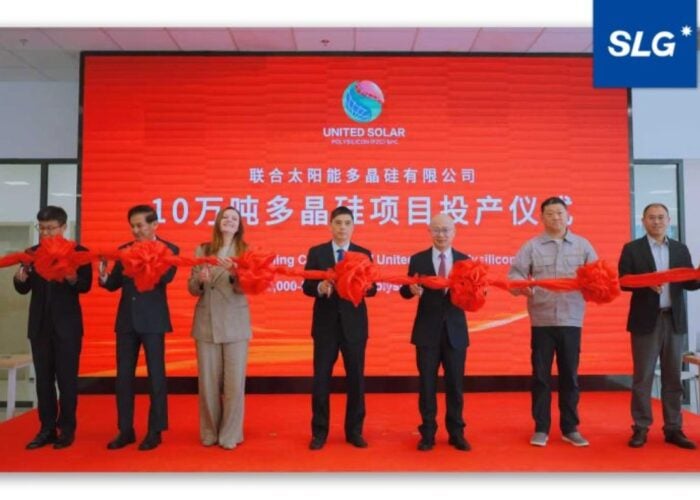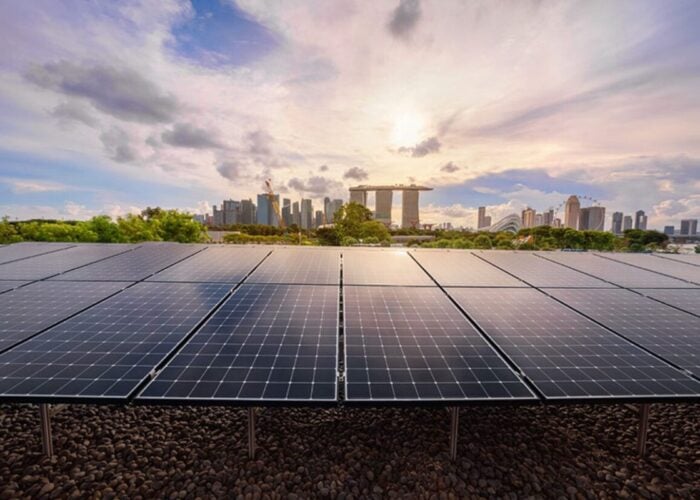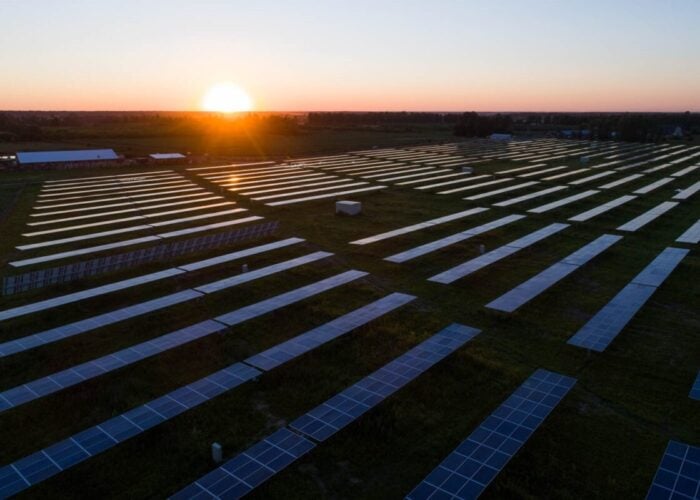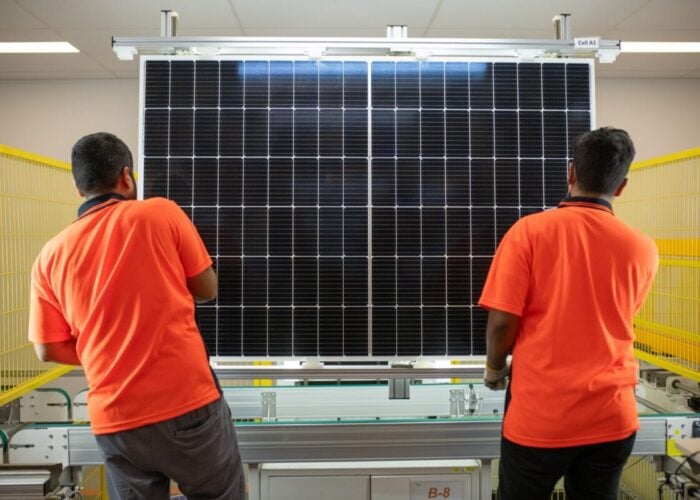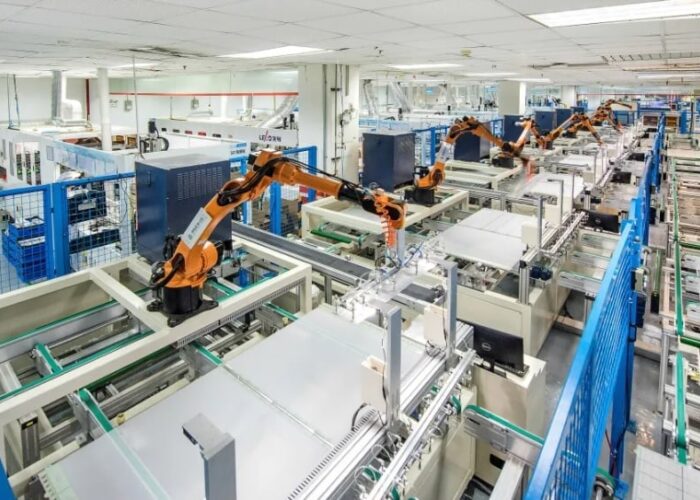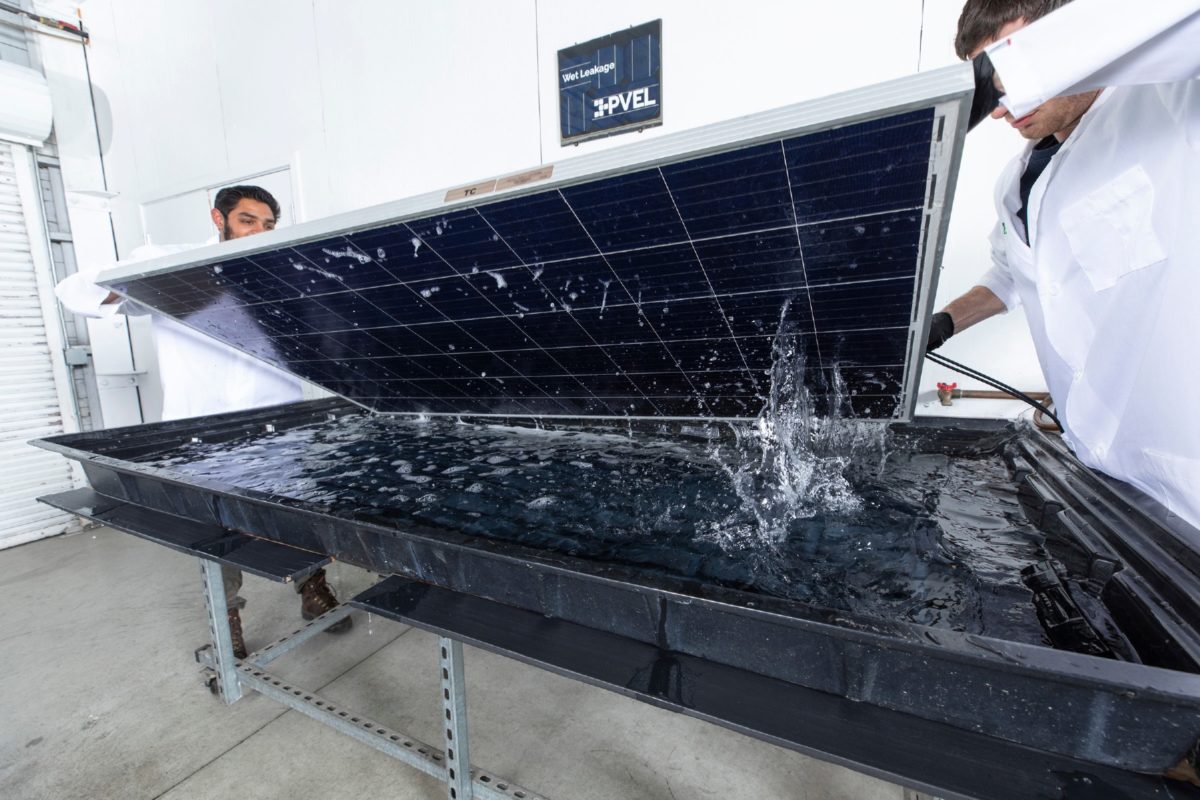
We take a sneak peek at some of the new and exciting findings expected to be revealed in the ‘2020 PV Module Reliability Scorecard’ that is undertaken each year by PV Evolution Labs (PVEL). As with last year’s edition, this Scorecard is published in partnership with DNV GL.
The PV Module Reliability Scorecard remains the most comprehensive publicly available comparison of PV module reliability test results across the PV industry and after PVEL set the benchmark higher in certain tests in 2019, compared with previous years, the ‘Top Performer’ became harder to achieve.
Try Premium for just $1
- Full premium access for the first month at only $1
- Converts to an annual rate after 30 days unless cancelled
- Cancel anytime during the trial period
Premium Benefits
- Expert industry analysis and interviews
- Digital access to PV Tech Power journal
- Exclusive event discounts
Or get the full Premium subscription right away
Or continue reading this article for free
With the bar expected to be raised again for the 2020 report, PV Tech is collaborating with PVEL and DNVL GL in providing exclusive, free to attend ‘PV Tech TechTalk' webinars entitled “Top-Performing PV Modules: The 2020 PV Module Reliability Scorecard” to be held on 28th May at 7am BST and 17.00 BST – see end of article for local times.
PV Tech is not just hosting and moderating the webinars but will also be joining to present its annual independent analysis of the key developments and PV module manufacturers’ ‘Top Performer’ recognition within the 2020 PV Module Reliability Scorecard.
This will be the sixth edition of the PV Module Reliability Scorecard which ranks commercially available PV modules by their performance in PV Evolution Labs’ Product Qualification Program (PQP).
However, this will be the first time the rankings will be released first, in live webinars.
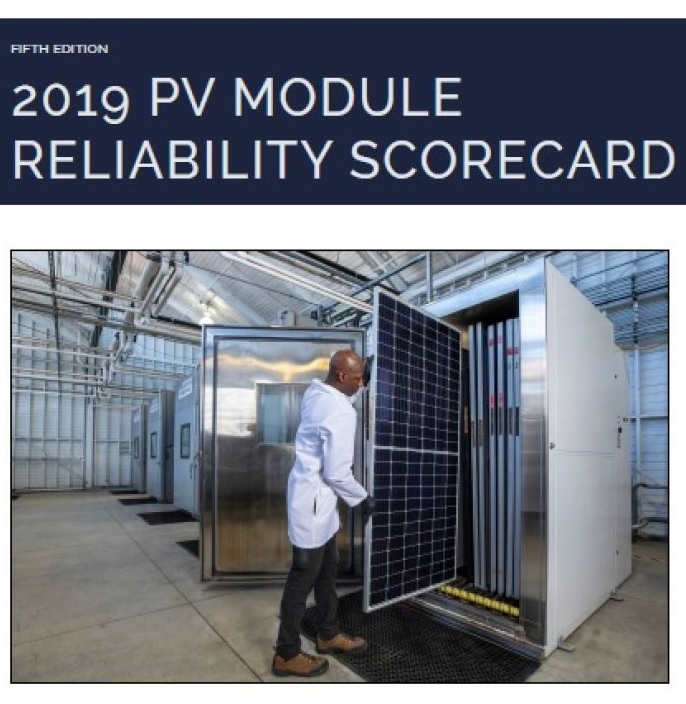
PV Tech’s analysis of the 2019 PV Module Reliability Scorecard highlighted that modules under thermal cycling tests improved 42% from the previous tests, despite the sequence duration being increased to 800 cycles, compared to 600 cycles previously.
On the flipside, PV Tech noted that over 30% of the module Bills of Materials (BOMs) assessed in damp heat tests, failed one or more test criteria.
PV Tech’s analysis of the Top Performers in the 2019 full testing report, showed that the tougher test conditions meant that very few PV manufacturers with a specific module series tested across the four key testing regimes actually gained Top Performer status, compared to previous reports.
Constant change
It has been well documented that PV module technology is advancing at incredible speed, compared to 10 years ago and 2019 was probably the most active year in the PV industry to date for innovation across silicon wafer types and sizes, adoption of advanced cell architectures and wider adoption of bifacial modules, just to mention a few innovations.
Of course, these innovations require rigorous and meaningful reliability testing, while maintaining the focus on well-established reliability tests, such as tough damp heat testing.
2020 report insights
.PAN files.
A completely new category has been added to the Top Performer rankings based on PVEL’s custom .PAN files.
This is intended to rank Top Performers by naming the module models with the best energy yield performance at two different simulated sites, based on PVEL’s measurements.
This will also include a discussion of bifacial module performance in addition to general conclusions from the .PAN files.
Case studies
Also included for the first time will be case studies related to PVEL’s LeTID Test sequence, including the latest findings, although will not be included this year as a Top Performers category.
One of the other new tests relates to module backsheet reliability. Again, PVEL will show this as a case study and showcase key findings this year.
Thermal cycling
Changes have been made to the thermal cycling test sequence that reverts to the 600-hour cycles instead of the previously increased cycling of 800 hours. PVEL will cover this development as well as provide a discussion of bifacial module performance in addition to the usual general conclusions.
Damp heat
PVEL has also added a boron-oxygen stabilization step to the tough damp heat testing regime and will provide insight into bifacial module performance under damp heat conditions.
Dynamic mechanical loading
The dynamic mechanical loading test section of the report indicates the potential susceptibility to microcrack issues, which will be discussed in the latest Scorecard.
PVEL is also including for the first time a discussion of bifacial and glass-glass module results in this testing regime and will give some general conclusions to date.
PID
Results from the 2019 Scorecard showed 15 PV module manufacturers’ BOMs have PID under control, compared to 20 in the 2018 test report. However, PVEL has experienced an uptick in PID-susceptibility for this year’s Scorecard tests. Not surprisingly, PVEL will be highlighting this development in the 2020 report.
The PV Tech TechTalk Webinars will include the key presentation by Tristan Erion-Lorico, head of PV module business at PV Evolution Labs (PVEL). Dr. Dana Olson, global solar segment leader at DNV GL will present on current trends in PV module quality and discuss how PVEL’s test data is used by DNV GL as part of a module useful life analysis.
I will be moderating the webinars and join to cover PV Tech’s analysis of Top Performers and its highlights from the 2020 Scorecard as compared to the previous editions.
The PV Module Reliability Scorecard will be available for download at www.pvel.com/pv-scorecard following the webinar.
The PV Module Reliability Scorecard, now in its 6th edition, ranks commercially available PV modules by their performance in PV Evolution Labs’ Product Qualification Program (PQP), a comprehensive, rigorous test regime that assesses reliability and performance of PV modules. The 2020 rankings will be released on live webinars.
Tristan Erion-Lorico, head of PV module business at PV Evolution Labs (PVEL), will share this year’s top-performing PV modules and discuss key findings from PVEL’s PQP testing, with a special focus on the performance of bifacial PV modules. He will be joined by Dr. Dana Olson, global solar segment leader at DNV GL. Dr. Olson will offer an analysis of trends in PV module quality and discuss how PVEL’s test data is used by DNV GL as part of a module useful life analysis. Mark Osborne of PV Tech will also join the webinar to cover his top highlights from the 2020 Scorecard as compared to the previous editions.
Webinar timings – local time zones
Webinar 1-
San Francisco (UTC -7): 5/27 at 23:00
New York (UTC -4): 5/28 at 02:00
London (UTC +1): 5/28 at 07:00
Munich (UTC +2): 5/28 at 08:00
Singapore (UTC+8): 5/28 at 14:00
Webinar 2 –
San Francisco (UTC -7): 5/28 at 09:00
New York (UTC -4): 5/28 at 12:00
London (UTC +1): 5/28 at 17:00
Munich (UTC +2): 5/28 at 18:00
Singapore (UTC+8): 5/28 at 24:00


